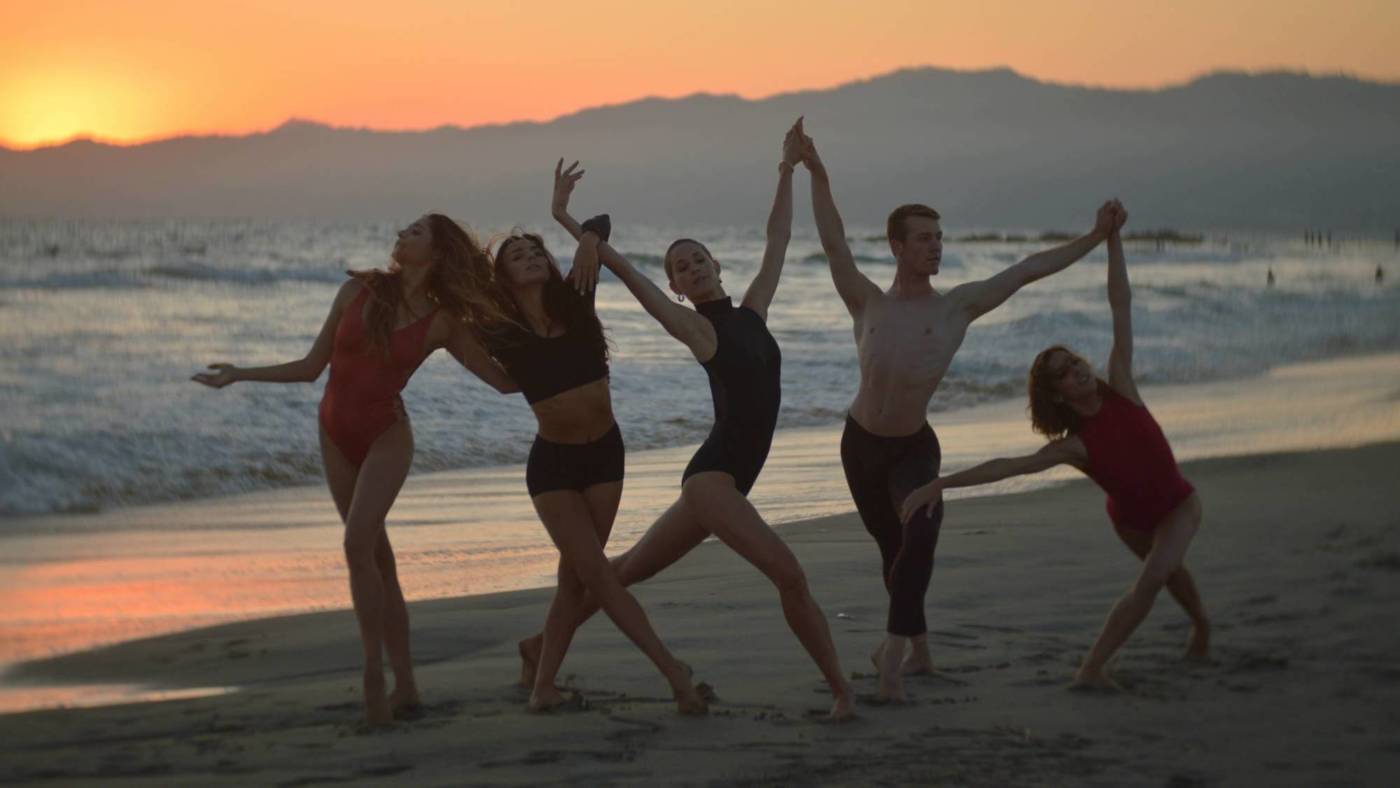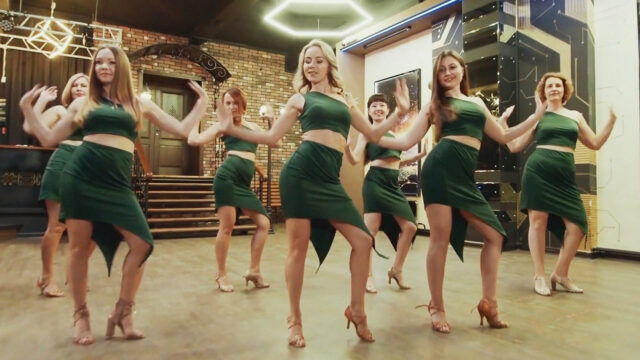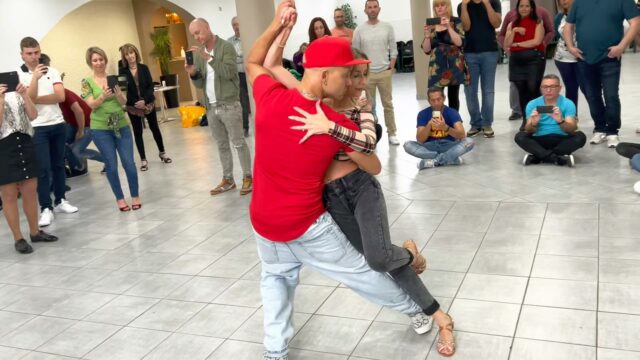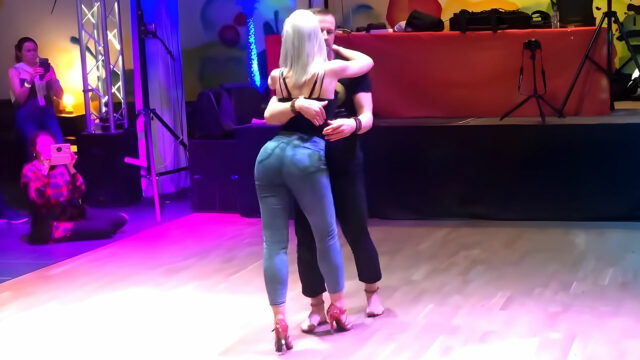It’s obvious why dancing can be good for your physical health, and we all know that it can be great fun, but those aren’t the only reasons to pick up your dancing shoes. There has been more and more evidence coming out that dancing can actually do wonders for your brain health as well. We are all living longer so taking care of your brain health can make sure that you stay active and healthy throughout your life. So let’s take a look at all the ways that dancing can help your brain.
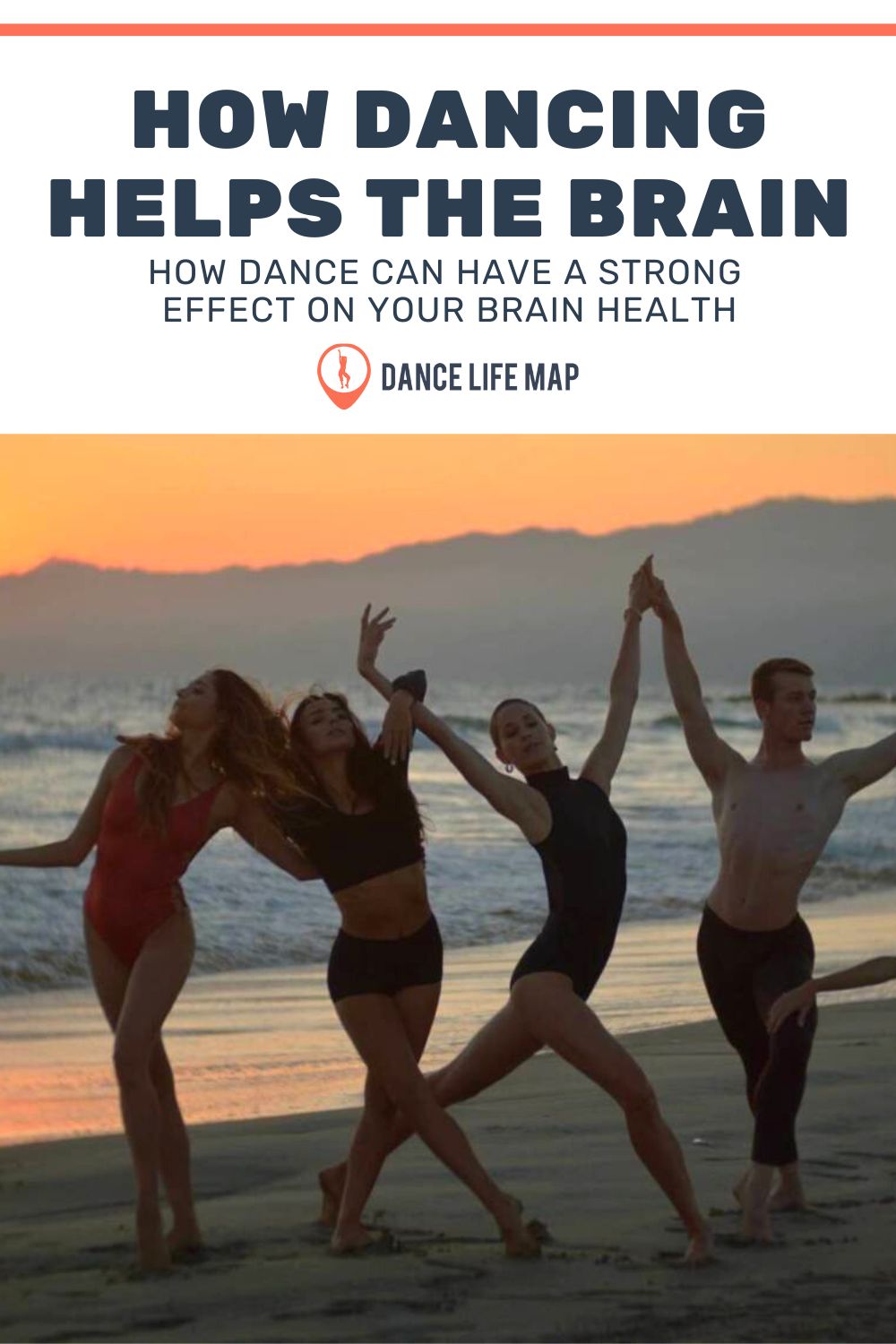
What brain areas does dancing use?
Dancing isn’t just a physical activity. It involves planning, coordination, memory recall, and movement correction. This means that a wide range of brain areas are involved in dancing, such as:
- Motor cortex – involved in the planning, control, and execution of voluntary movement
- Somatosensory cortex – involved in hand-eye coordination
- Basal ganglia – involved in coordinating movements
- Cerebellum – involved in integrating the sensory input from the brain and spinal cord and using it to plan motor movements
- Hippocampus – involved in creating and accessing memories
How dancing helps the brain
1) Dancing can boost your memory
Sure, if you’re dancing around in your living room to a song you like on the radio, you might not be doing much planning. But attending a dance class and learning a routine means that you have to use your brain. You need to learn the choreography, match up your actions to the routine, and it also means that you have to make split-second decisions. All of these activities result in new neural connections being made in your brain, and it is these that can help to boost your memory.
2) Dancing lowers your risk of dementia
Not only does dancing help to boost your memory skills in the short-term, but it can also have a long-term effect on your brain. One study that looked at older people and their physical activities found that out of 11 physical activities, such as cycling, golf, and swimming, dance was the only one that was associated with a lower risk of dementia.
Dancing also involves a lot of social interaction. Social interaction has also been shown to lower the risk of dementia. More frequent contact with friends once you reach the age of 60 can lower your risk of dementia by 12%.
3) Dancing makes you smarter
Intelligence can be pretty difficult to define. But what is generally accepted is that there are quite a few “higher-level” cognitive processes that most people associate with being more intelligent. Because of how many different brain areas dancing trains, and the neural connections that it creates, it can help to boost many of these cognitive functions.
These can include: Visual recognition, Decision-making, Attention, Focus, Executive function (how well you can plan, juggle tasks, remember instructions, focus attention, etc), Long-term memory, Spatial recognition.
4) Dancing can be an effective therapy for Parkinson’s disease
Parkinson’s disease is a disease that affects the cells in the brain that are involved in dopamine production. Dopamine is important for regulating body movements, and Parkinson’s disease involves slowly losing the ability to control motor-movements. Dance therapy has become a popular treatment for Parkinson’s and is considered a good way of providing rhythmic auditory stimulation (an established treatment for Parkinson’s disease). Some studies have shown that dance therapy can improve both the gait and the upper extremity function in patients with Parkinson’s disease.
5) Dancing can stop you from feeling dizzy
If you’ve ever watched a dancer executing a perfect pirouette then you have probably wondered how on earth they don’t get dizzy. Over time, and with a lot of training, dancer’s brains actually learn to suppress the input telling them that they are dizzy. Many people suffer from frequent spells of dizziness, and this can increase the risk of falls and injury. By training your brain through dance, you can reduce your risk of suffering from dizzy spells because your brain has already learned how to deal with it.
Final thoughts
Taking care of your brain health is so important to your well-being, both now and especially for your future. While any type of exercise can help to some extent, because of how much of your brain is being used when you dance, it can have a much stronger effect on your brain health. This can include boosting your memory, lowering your risk of dementia, improving your intelligence, and stopping you from feeling dizziness. It can also help patients with Parkinson’s disease to improve their motor function and their quality of life. So if you want to exercise your brain as well as your body, dancing is a perfect choice!
If you enjoyed this article, feel free share it with your friends and let them know what you think about it. Also, consider checking out our most recent posts and stay in touch. Thank you!
